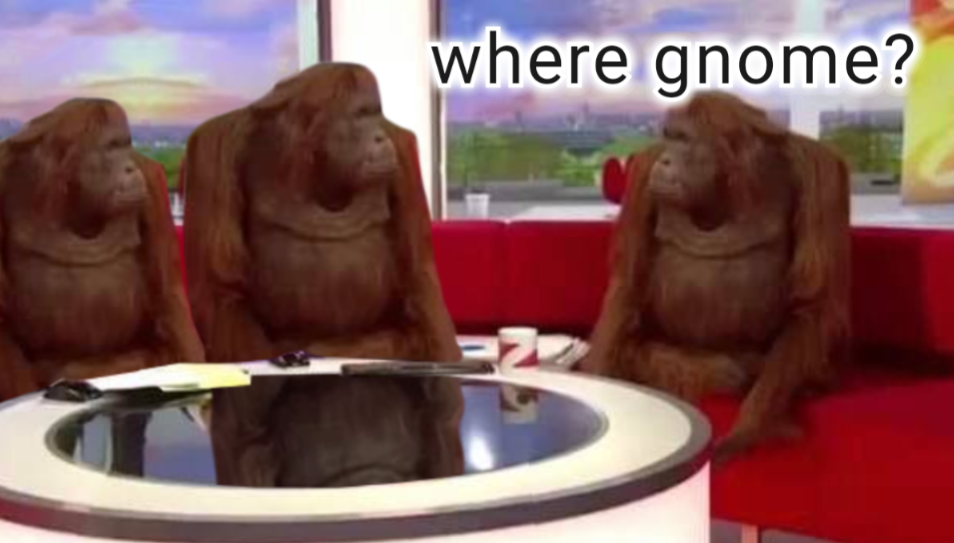sbv
blowing a few bubbles every now and then...
A "hando" if you will.
where does the gnome go?
Yeah, I'd like to use the network, but the reviews are pretty bad. That and the lack of UWB makes it seem pretty weak.
Agreed - traditional media and online commentary both suffer from this problem.
We need a way for beat reporters to get paid for their work. Sadly that doesn't really exist right now.
Thanks for asking. I've been enjoying this for a while.
Donated.
Hear me out: a metal 1990s Lara Croft uniboob. Hits are no longer directed to the sternum.
If that isn't credible enough for you, make the uniboob bigger, redirecting force outward, away from the chest.
If that isn't credible enough for you, a massive uniboob containing a tiny gnome sorcerer able to slay at range. Basically a lil green skinned tiddy tank.
We need experts that are knowledgeable on issues who can put them in context for lay readers.
In the past, those were often beat reporters, but academics can fit that role too.
With the collapse of traditional media ~~hegemonies~~ companies we've lost beat reporters, so we have to rely on third party experts. Of course, there are problems with that: if they're owned by bad actors, then they can spread misleading narratives.
I'm not sure who fills that role now. Whoever can tweet the most convincingly at journalists? Whoever makes the sexiest YouTube explainer?
😂^(we're screwed)
GOOD NIGHT
A recent Johns Hopkins study claims more than 250,000 people in the U.S. die every year from medical errors. Other reports claim the numbers to be as high as 440,000.
Medical errors are the third-leading cause of death after heart disease and cancer.
Advocates are fighting back, pushing for greater legislation for patient safety.
